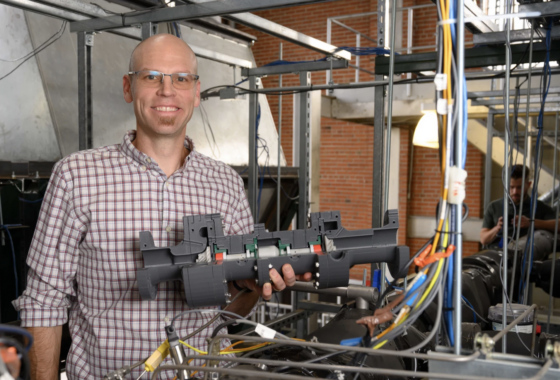
Great Steam . . . from a Heat Pump (starts 1:00) Time Magazine named CSU Engineer Todd Bandhauer one of 2025’s top climate innovators. His heat pump makes steam better than fossil fuel steam boilers. Interview thanks to Rocky Mountain Community Radio and Aspen Public Radio.
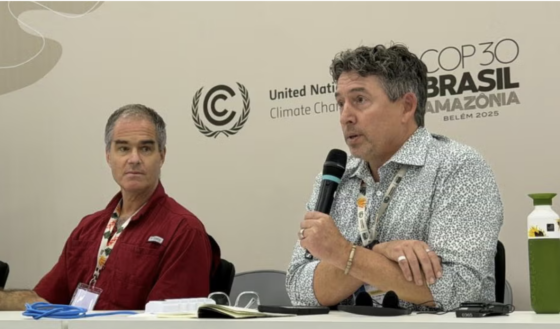
CU-Boulder at COP30 Climate Conference (Starts 7:05) CU Boulder’s Max Boykoff attended the world climate conference –the first in 30 years without an official US delegation . He describes China filling the vacuum left by the US , and also oil and gas lobbyists attending “Blue Zone” talks where indigenous groups – who often are suffering the worst effects of climate change, being banned. For the CU-Boulder report Go here.
Show Producer/Host/Engineer: Shelley Schlender
Executive Producer: Beth Bennett
Podcast: Play in new window | Download (Duration: 26:46 — 36.8MB)
Subscribe: RSS



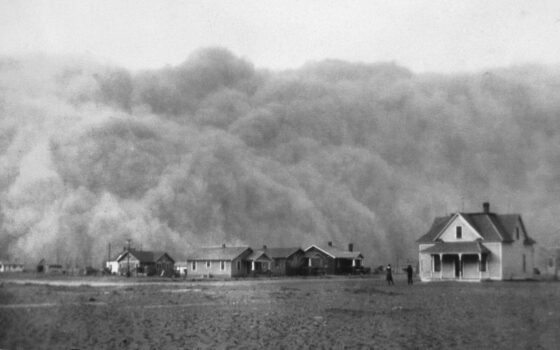
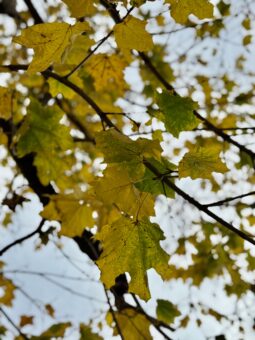 The physiology of deciduous trees (start time: 11:09) For many people living in places with four distinct seasons, such as here in Colorado, a favorite pastime at this midpoint in autumn is watching the faded leaves fall from their branches, and listening to the crackling sound while raking up the dried leaves. In this week’s How On Earth show, we explore questions like, Why do the leaves of aspen, ash and other deciduous trees “change” color in the fall? (Spoiler alert: They actually reveal their true colors.) Why do they shed their leaves every fall? And what happens to the naked trees in the winter? Host Susan Moran interviews Dr.
The physiology of deciduous trees (start time: 11:09) For many people living in places with four distinct seasons, such as here in Colorado, a favorite pastime at this midpoint in autumn is watching the faded leaves fall from their branches, and listening to the crackling sound while raking up the dried leaves. In this week’s How On Earth show, we explore questions like, Why do the leaves of aspen, ash and other deciduous trees “change” color in the fall? (Spoiler alert: They actually reveal their true colors.) Why do they shed their leaves every fall? And what happens to the naked trees in the winter? Host Susan Moran interviews Dr.  Five years ago, Beth spoke with
Five years ago, Beth spoke with 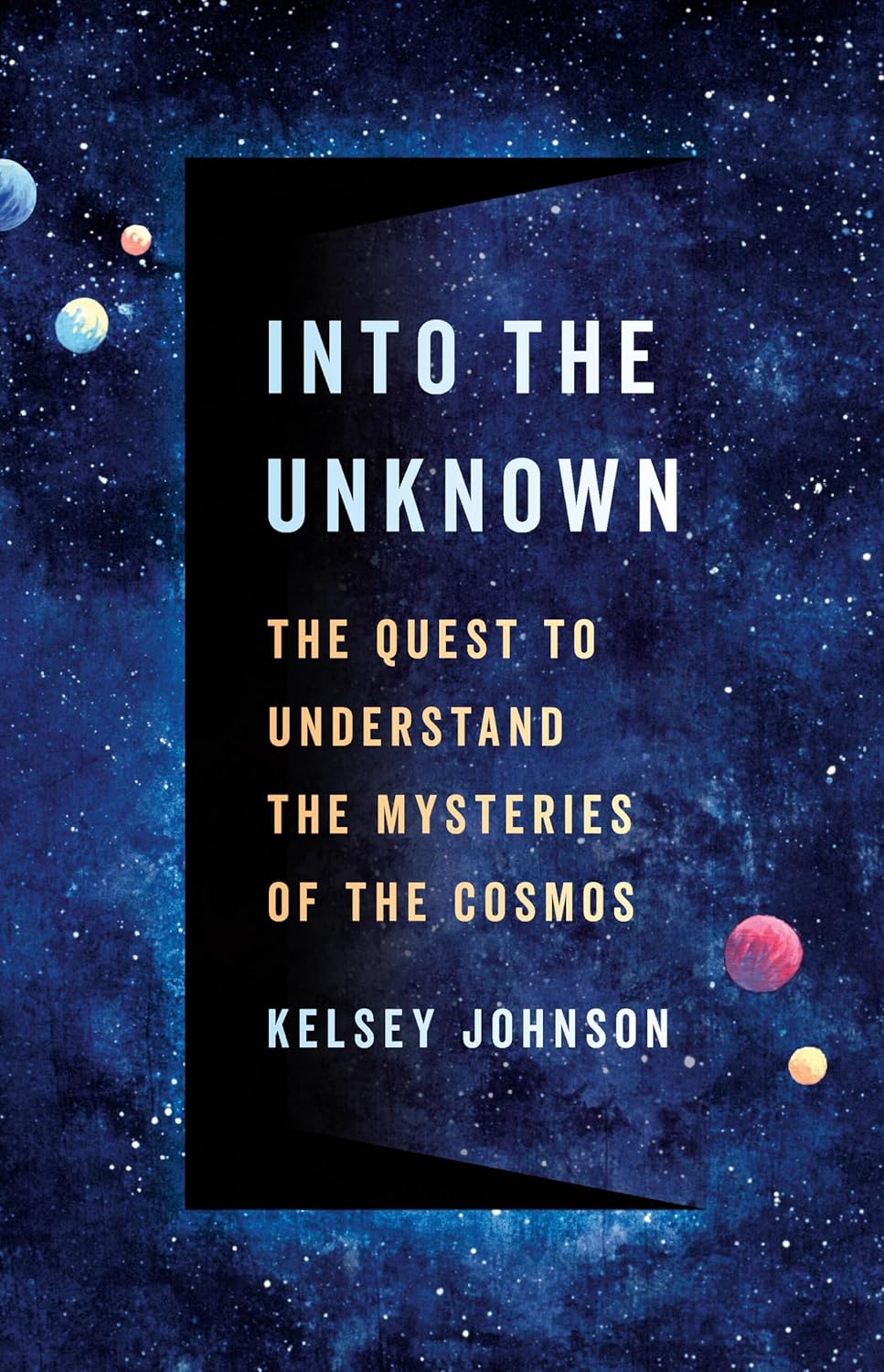 Into The Unknown (starts at 9:05) What do we know about the universe, and how do we
Into The Unknown (starts at 9:05) What do we know about the universe, and how do we 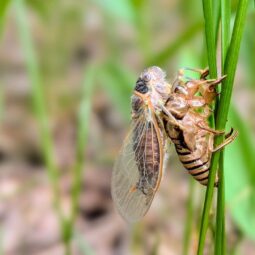
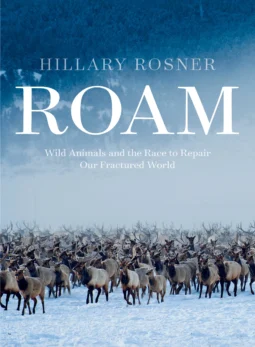
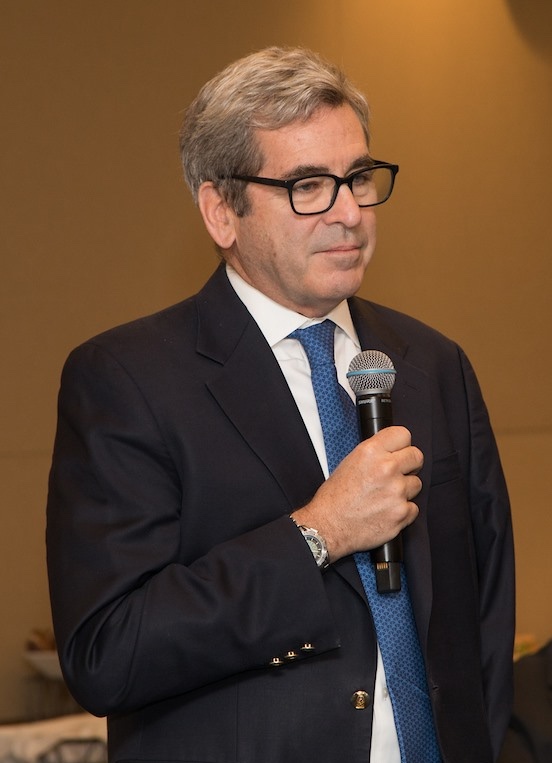 This episode features
This episode features  On this week’s How On Earth, Beth spoke with two cosmetic chemists, hosts of the podcast The Beauty Brains. We touched on some basic questions I have regarding some of the universe of products, such as shampoos, body lotions and sun screens. Beauty Brains Perry Romanowski and Valerie George, are both veteran cosmetic product developers who have worked on some of the most popular beauty products in the world. They’ve written dozens of science articles and books. Their book, Beginning Cosmetic Chemistry is used in several college programs. You can find transcripts of their podcast episodes on their
On this week’s How On Earth, Beth spoke with two cosmetic chemists, hosts of the podcast The Beauty Brains. We touched on some basic questions I have regarding some of the universe of products, such as shampoos, body lotions and sun screens. Beauty Brains Perry Romanowski and Valerie George, are both veteran cosmetic product developers who have worked on some of the most popular beauty products in the world. They’ve written dozens of science articles and books. Their book, Beginning Cosmetic Chemistry is used in several college programs. You can find transcripts of their podcast episodes on their